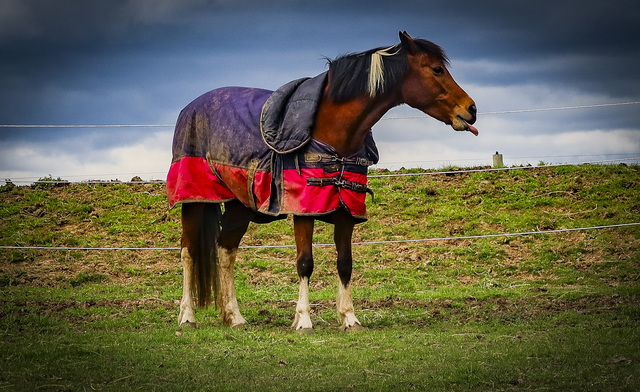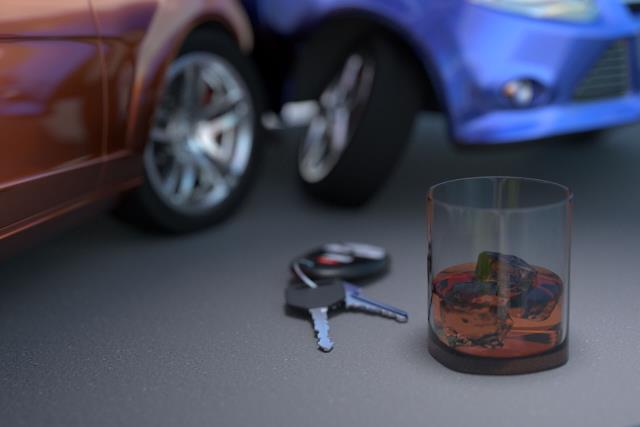By Jesse Graham
WITH the weather getting warmer throughout spring, DELWP is urging residents when wandering the valley to be wary of snakes coming out of winter hibernation.
The Department of Environment, Land, Water and Planning (DELWP) issued a statement on Monday 26 September, reminding residents that snakes would be coming out of hibernation during spring.
Senior scientist at DELWP’s Arthur Rylah Institute (ARI) Nick Clemann said that though people would be likely to see snakes in outdoor areas, bites were rare.
Healesville Sanctuary reptile keeper Michael Taylor said the majority of snake bites came from people “taking action” against snakes, and said anyone encountering a snake should give it a wide berth.
“Initially, just stand nice and still,” he said.
“If a snake appears to be agitated … in particular, flattening its neck, hissing at you, it’s best to stand completely still – movement is what frightens them.
“Even if a snake’s sitting quite still and not moving out of your way, don’t push your luck and walk right up to them – give it a berth, walk around it, but you don’t have to run away in the other direction.”
He said six of the seven snakes found around Melbourne – the Eastern brown snake, red bellied black snake, Eastern tiger snake, lowland copperhead, eastern small eyed snake and white lipped snake – could be found in places around the valley, but that bites could be avoided by being aware of their habitat.
Habitat areas include areas with water, such as ponds or dams with long grass, though snakes can be attracted to piles of rocks, timber, metal and building supplies.
“You should be thinking about activities you’re doing – with your hands, should I be wearing gloves for taking that wood away? Or gardening, pulling weeds that have got out of control, clumps of long grass, there could be a snake in there,” he said.
In the event of a snake bite, Mr Taylor said the key was to apply pressure to the wound and to stay immobilised if possible.
“It’s all about pressure and immobilisation – a pressure bandage or something that can suffice for a bandage, and then sitting still, and then call triple-zero on the mobile, and wait until help comes to you,” he said.
Snake venom is absorbed through the lymphatic system, Mr Taylor said, and reducing movement and stress would slow the venom being absorbed.
He said all snake bites should be taken seriously and that an ambulance should be called in every instance.
On spotting a snake, call DELWP on 136 186 for advice or a licensed snake catcher.
Snakes are also protected under the Wildlife Act 1975 and it is illegal to hurt or kill them.







